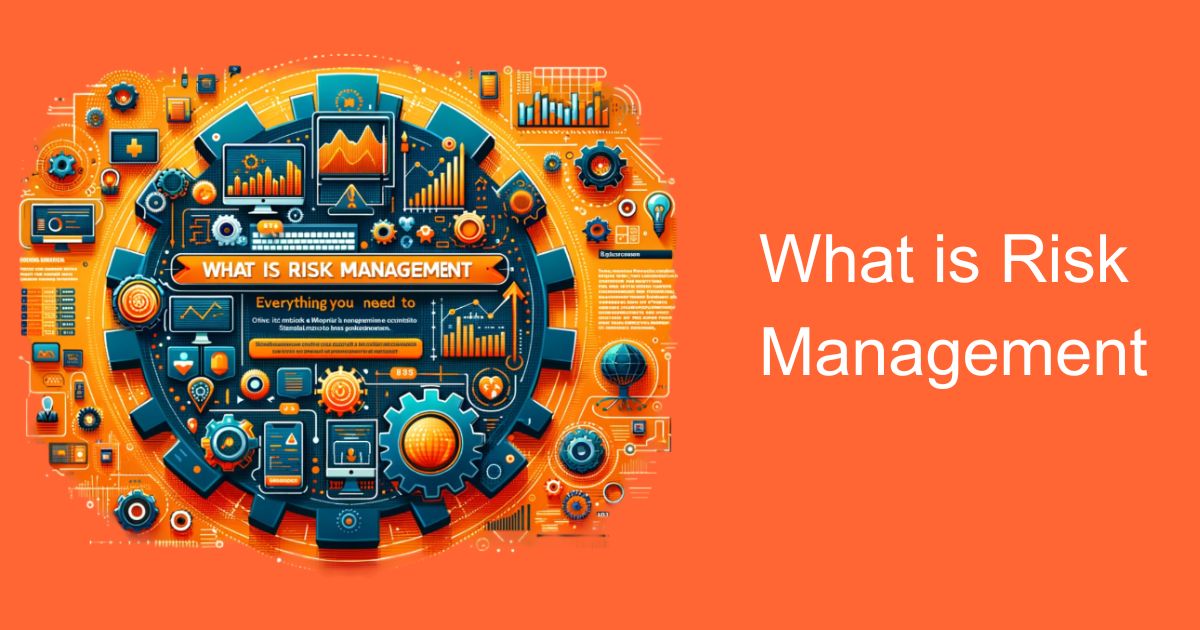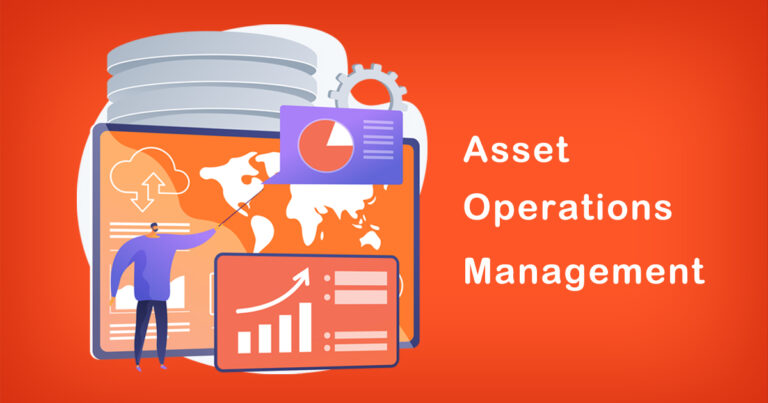Introduction
Risk is an inherent part of life and business, and understanding how to manage it effectively is crucial for success. In the dynamic landscape of the Indian economy, where opportunities and challenges coexist, risk management plays a pivotal role. This blog explores what is risk management, providing you with a comprehensive understanding of its importance, strategies, and its significance in the Indian context.
The Essence of Risk Management
Risk management is a systematic process that involves identifying, assessing, and mitigating potential risks that may impact an organization or individual’s objectives. These risks can vary from financial risks, operational risks, legal risks, to reputational risks. In essence, risk management is about safeguarding assets, optimizing opportunities, and minimizing threats.
Risk Management in the Indian Context
In India, a country characterized by its diverse culture, rapidly evolving economy, and regulatory complexities, risk management is of paramount importance. Let’s delve into the key aspects of risk management in the Indian context.
1. Regulatory Environment
India has seen a significant overhaul in its regulatory landscape in recent years. The introduction of the Goods and Services Tax (GST), the Insolvency and Bankruptcy Code (IBC), and other reforms have ushered in a new era for businesses. Understanding and complying with these regulations is a critical aspect of risk management, as non-compliance can lead to legal and financial repercussions.
2. Financial Risks
Currency fluctuations, interest rate changes, and market volatility are common financial risks that businesses in India face. Companies need to adopt hedging strategies to mitigate these risks, ensuring stability in their financial operations.
3. Political and Economic Risks
India’s political and economic landscape can be unpredictable. Changes in government policies, international relations, and economic conditions can affect businesses significantly. Political risk insurance and scenario planning are strategies employed to manage such risks effectively.
Risk Management Strategies
Effective risk management involves a range of strategies and tools. Here are some commonly used methods:
1. Risk Identification
The first step in risk management is identifying potential risks. This can be achieved through risk assessments, SWOT analysis, and industry research. In India, understanding local market conditions and regulatory changes is crucial.
2. Risk Assessment
Once risks are identified, they must be assessed for their potential impact and likelihood of occurrence. In India, businesses often engage in scenario analysis to evaluate how changes in the local environment can affect their operations.
3. Risk Mitigation
Risk mitigation strategies vary depending on the type of risk. For financial risks, hedging with derivatives is common. For operational risks, implementing robust internal controls and contingency plans is essential. In India, diversification of operations across regions can also mitigate risks.
4. Risk Monitoring and Review
Risk management is an ongoing process. Regular monitoring and review of risk management strategies are critical. In India, this includes staying updated on regulatory changes and geopolitical developments that may affect the business environment.
Importance of Risk Management
The significance of risk management cannot be overstated. It helps organizations in India:
1. Enhance Decision Making
A well-structured risk management process provides decision-makers with the information they need to make informed choices. In India’s competitive market, this is invaluable.
2. Protect Reputation
Reputation is a valuable asset. Effective risk management helps prevent crises that could damage a company’s image in the eyes of its Indian consumers.
3. Ensure Business Continuity
In a country as diverse and dynamic as India, disruptions can occur frequently. Risk management ensures that businesses can adapt and continue operations even in challenging circumstances.
4. Optimize Resource Allocation
By identifying and mitigating risks, organizations can allocate resources more efficiently, thus improving their overall performance.
Conclusion
Risk management is an indispensable part of modern business, and its importance is even more pronounced in the Indian context. With the rapidly changing economic and regulatory landscape, understanding and effectively managing risks is key to success. By identifying, assessing, and mitigating risks, businesses in India can thrive in an environment that offers both opportunities and challenges. Embracing risk management as a strategic imperative will undoubtedly contribute to a sustainable and prosperous future for organizations operating in India.








